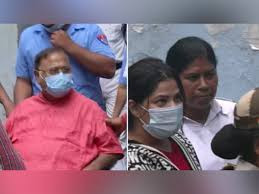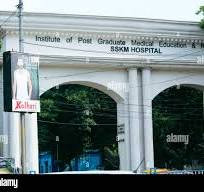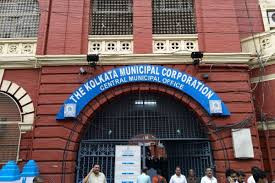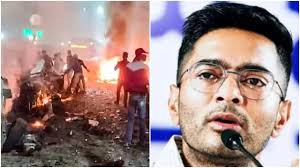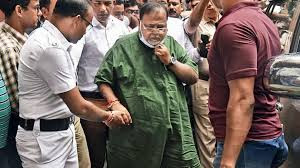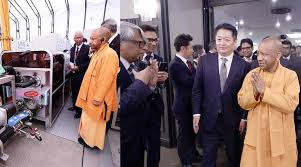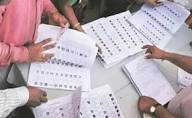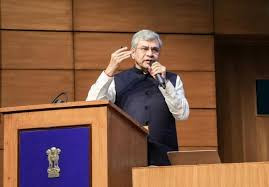Calcutta High Court Orders Statewide Lockdown of College Union Rooms Until Student Elections Resume
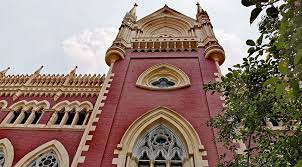
IIE DIGITAL DESK : The decisive intervention sparked by concerns over campus safety and democratic representation, the Calcutta High Court has directed all student union rooms in state-run and aided colleges and universities across West Bengal to remain firmly locked and unusable—unless officially reopened with written permission from the university registrar. This sweeping order applies to institutions that have not held student union elections since 2017, following a ruling by a division bench led by Justices Soumen Sen and Smita Das De .
The court’s rationale is unmistakable: no elections = no union room access. With no democratically elected student bodies in existence, the current practice of maintaining active union spaces opens a doorway to misuse. The bench highlighted frequent reports that these rooms, designed for student governance, have instead become hubs of recreational gathering, political maneuvering, and even criminal activity. Therefore, any use of these spaces must now occur strictly with administrative oversight and formal justification .
The directive follows a harrowing incident at South Calcutta’s Kasba Law College, where a female student was allegedly gang-raped inside a student union room by former student-turned-political operator Monojit Mishra and accomplices . The courtroom drama intensified as petitions demanded explanations of how outsiders gained access to secured union offices. The High Court has since summoned an affidavit from the state and the institution detailing campus access protocols and has asked for progress reports on the investigation by the next hearing on July 17 .
Despite no formal elections, union rooms across Kolkata remain active, often controlled by political “dadas”—ex-students backed by political parties—who wield disproportionate influence inside campuses. Reports of extortion, intimidation, and safety threats in these spaces are prevalent, prompting widespread alarm .
College principals echoed these concerns. Many have already initiated precautionary measures such as shutting common rooms, increasing CCTV installation, and tightening campus access protocols to combat unauthorized use.
-
Union rooms sealed: All such spaces must remain locked pending electoral reinstatement, except in emergencies granted by registrar permission .
-
Administrative accountability: Colleges must formally track and report any usage, reinforcing institutional oversight.
-
State response required: The High Court petitioned the Higher Education Department to issue official notices to enforce the lockout policy .
This ruling addresses both immediate safety concerns—highlighted by the Kasba tragedy—and systemic democratic deficits. By effectively disabling defunct union spaces, the court is sending a clear message: structural accountability and electoral legitimacy must precede the revival of student union activities.
Moreover, the judgment signals the court's expectation that student union elections be held promptly, echoing earlier rulings mandating elections every two years under the West Bengal Universities and Colleges (Administration and Regulation) Act, 2017 .
The next hearing, scheduled for July 17, is expected to bring further clarity. The state government and colleges are required to produce affidavits detailing:
-
Measures to control outsider access,
-
Security enhancements implemented,
-
Detailed investigation updates on the Kasba case,
-
And the roadmap for reinstating student elections .
This ruling could mark a turning point in West Bengal's college governance—where student representation is not just symbolic but rooted in accountability, electoral legitimacy, and committed to safeguarding campus safety.
You might also like!



